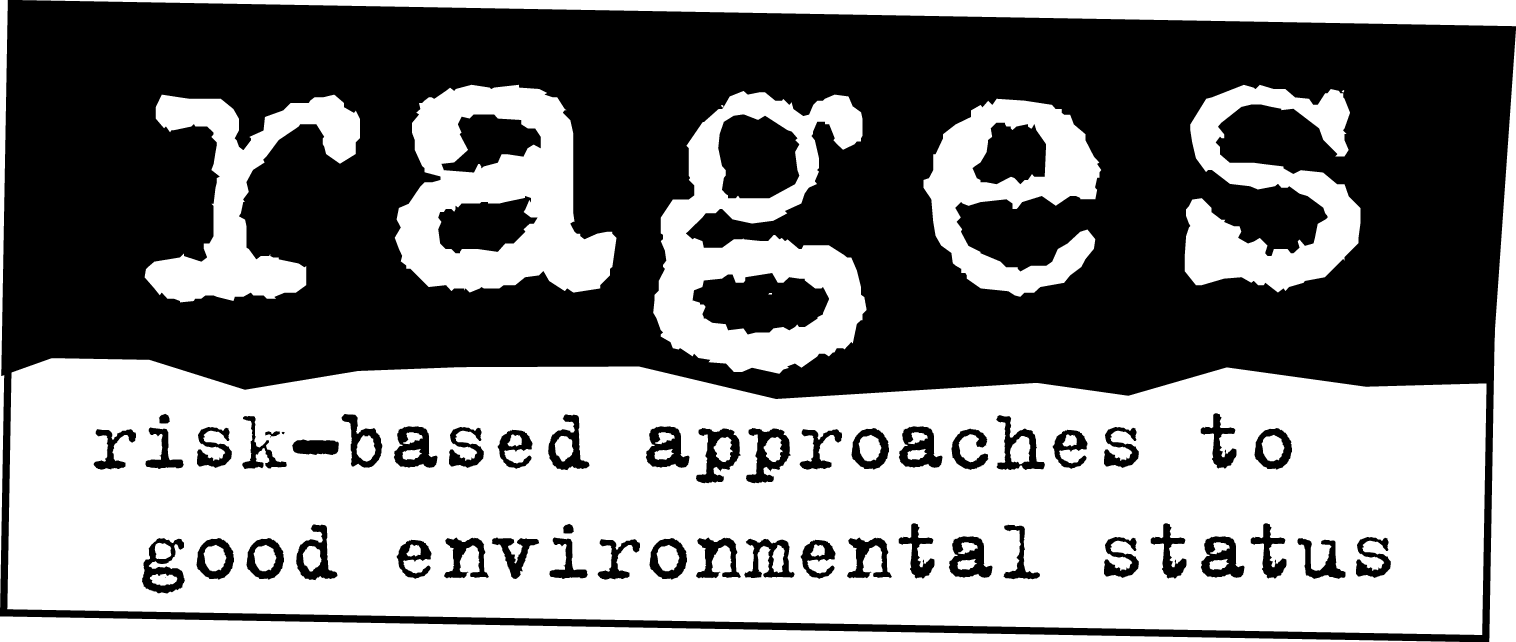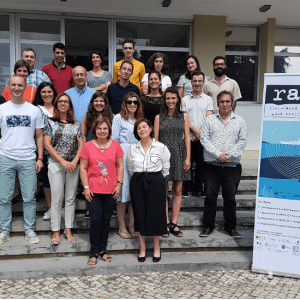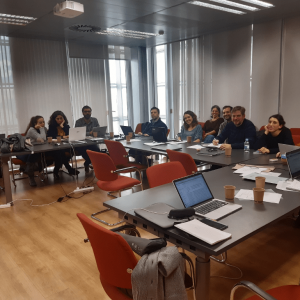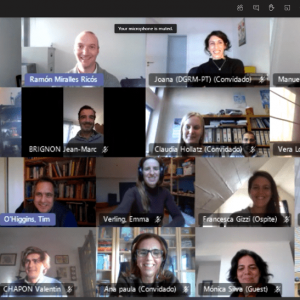
RAGES

- Title
-
Risk-based Approaches to Good Environmental Status (RAGES)
- Start Date
-
January 1st 2019
- End Date
-
June 30th 2021
- Funding Body
-
European Commission (DG Environment)
- Coordinator
-
University College Cork
- Project Partners
-
Ireland (UCC and DHPLG), France (MTES and INERIS), Spain (DGSCM-SGPM and IEO, UPV) and Portugal (DRAM, DGRM, ARDITI, FCUL, IPMA and DRM)
- Principal Investigators
- Research Area
-
Marine Strategy Framework Directive, Underwater Noise, Non Indigenous Species, Ecosystem-based Management
- Website
Introduction
The RAGES project is a 2-year project funded by DG Environment to support the implementation of the Marine Strategy Framework Directive (MSFD). The project began in January 2019 and comprises of a consortium partners authorities from Ireland, France, Spain, and Portugal. These include the competent authorities from each country. The project aims to produce a Risk-based Approach Framework, which systematically combines international standards in the management of risk (ISO 31000) with the mandatory steps in the MSFD implementation process. The framework will then be applied to two MSFD descriptors, D2 (Non-Indigenous Species) and D11 (Underwater Noise).
Work Packages
Work Package 1. To ensure timely economic and efficient implementation of the overall project.
Work Package 2. To develop and refine a standardized approach to the incorporation of risk into the regional assessment, monitoring, and programme of measures.
Work Package 3. Apply the RBA at the sub-regional scale to the problem of non-indigenous species.
Work Package 4. Apply the RBA at the sub-regional scale to the problem of underwater noise.
Work Package 5.Develop a validated methodology for common implementation of the MSFD tailored to Large Marine Ecosystems.
Work Package 6. Uptake and transfer of project results to facilitate coordinated approaches to regional MSFD implementation.
Deliverables
D1.1 Financial reporting
D1.2 Technical reporting
D2.1 Report on the technical process for the initial risk-based approach.
D2.2 Report on the institutions, governance structures, and recommendations for regional coordination structures.
D2.3. Final methodology for standardised approach to risk-based MSFD implementation
D3.1 Sub-regional data of non-indigenous species
D3.2 Shortlist of regional specific criteria and elements and integration rules.
D3.3 Report on risk criteria and significance levels
D3.4: Sub regional risk assessment for Descriptor 2
D3.5: Report coordinated sub-regional approaches to risk management and recommendations for sub-regional monitoring and measures.
D4.1 Sub-regional databases of underwater noise
D4.2 Shortlist of regional specific criteria and elements and integration rules.
D4.3 Report on risk criteria and significance levels
D4.4 Sub-regional risk assessment for Descriptor 11
D4.5: Report coordinated sub-regional approaches to risk management and recommendations for sub-regional measures
D5.1 Standard operating procedure for Risk-Based Assessment
D5.2 Recommendations for joint implementation
D6.1 Website and electronic communications infrastructure
D6.2 Policy Brief on institutions governance structures and recommendations for regional coordination structures.
D6.3 Policy brief on Standard RBA operating procedure
D6.4 Policy brief on a regional recommendation for joint implementation
Publications
Verling et al, in prep. Application of a risk-based approach to continuous underwater noise at regional and sub-regional scales for the Marine Strategy Framework Directive.
Engagement and Outreach
A webpage has been set up for the project at the following address www.msfd.eu/rages, along with a Twitter handle @msfdrages. Communication with policymakers and decision-makers will also be a focus and a series of policy briefs will be established to summarise the main findings and policy-relevant outputs of the project. Three dissemination events with relevant Regional Seas Commissions will take place throughout the project to facilitate regional dissemination and communicate the results and progress.
Contact
Emma Verling – ei.ccu@gnilrev.amme
Tim Higgins – ei.ccu@sniggihot
Photo Gallery







